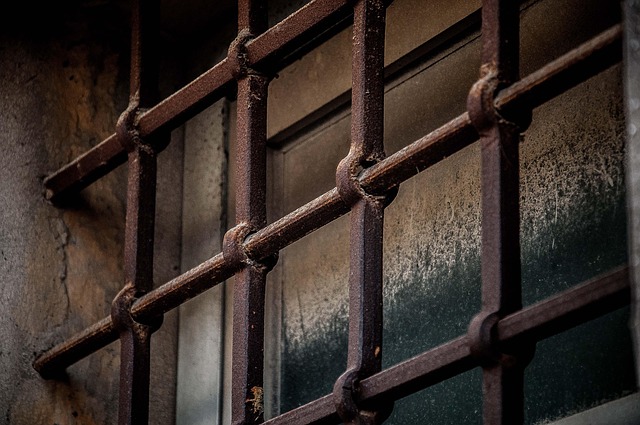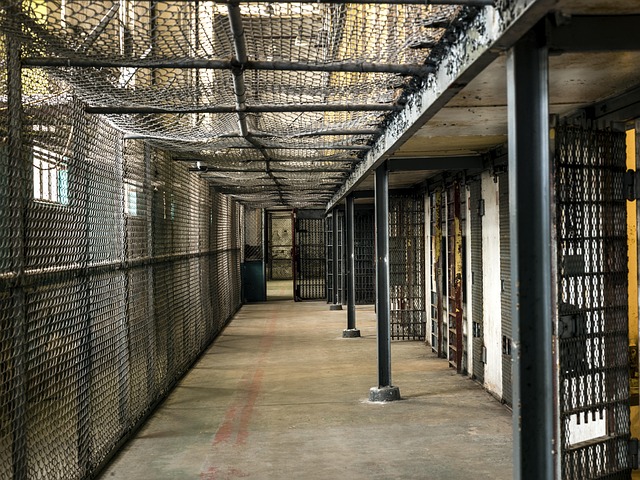Traditional transport systems face challenges from outdated infrastructure, integration issues, and regulatory gaps. Alternative Transportation Options like shared mobility services and electric vehicles (EVs) offer flexible, cost-effective, and sustainable solutions. Technological advancements, such as real-time apps and smart city infrastructure, empower cities to optimize transportation, reducing traffic congestion and pollution. Regulatory measures promote these alternatives globally, with governments incentivizing EVs and developing infrastructure for public transit and cycling. The future of transportation focuses on sustainability and efficiency, driven by climate change concerns, with Alternative Transportation Options and emerging technologies like autonomous vehicles transforming urban mobility.
In an era driven by efficient mobility, uncovering and closing transportation loopholes is more crucial than ever. Traditional systems face challenges in keeping up with growing urban populations and environmental concerns. This article delves into common gaps within these networks and explores innovative Alternative Transportation Options that could revolutionize the way we move. From regulatory measures to future trends focusing on sustainability and efficiency, we examine strategies to bridge these transportation loopholes, shaping a more connected and eco-friendly world.
- Uncovering Common Loopholes in Traditional Transportation Systems
- Exploring Innovative Alternative Transportation Options
- The Impact of Regulatory Measures on Closing Gaps
- Future Trends: Sustainable and Efficient Transportation Solutions
Uncovering Common Loopholes in Traditional Transportation Systems

In traditional transportation systems, loopholes often arise from a variety of sources, including outdated infrastructure, lack of integration between different modes, and regulatory gaps. These vulnerabilities create opportunities for alternative transportation options to fill in the gaps. For instance, many cities struggle with efficient public transit networks that seamlessly connect residential areas, workplaces, and leisure destinations. This is where innovative solutions like shared mobility services, such as bike-sharing and car-sharing programs, can step in by offering flexible and cost-effective travel alternatives.
Moreover, regulatory loopholes sometimes permit the expansion of private vehicles, leading to increased congestion and environmental pollution. To counter this, dynamic pricing strategies for parking and traffic congestion fees encourage drivers to consider public transit or alternative modes like walking or cycling. By leveraging technology, such as real-time transportation apps and smart city infrastructure, cities can better manage their transportation systems, making them more efficient and accessible for all users.
Exploring Innovative Alternative Transportation Options

In today’s world, exploring innovative alternative transportation options is more crucial than ever before as we strive to close gaps and address traditional loopholes. Beyond the conventional modes of transport, emerging technologies are revolutionizing how we move people and goods. Electric vehicles (EVs), for instance, offer a cleaner and more sustainable alternative to fossil fuel-powered cars, buses, and trucks, reducing emissions and mitigating environmental impact. Additionally, autonomous vehicles promise to enhance road safety by eliminating human error, while advanced public transport systems like high-speed rail and efficient mass transit networks are transforming urban mobility.
These alternative transportation options not only contribute to environmental conservation but also alleviate traffic congestion and improve overall efficiency. As cities grow and populations increase, integrating these cutting-edge solutions is essential for building sustainable and livable metropolises. By embracing innovations in electric vehicles, autonomous driving, and smart public transport systems, we can navigate towards a future where transportation is not only more efficient but also harmonious with the ever-changing landscape of our urban centres.
The Impact of Regulatory Measures on Closing Gaps

Regulatory measures play a pivotal role in closing gaps within various sectors, including transportation. With an increasing focus on sustainability and safety, governments worldwide are implementing stricter rules to encourage the adoption of alternative transportation options. These measures range from incentives for electric vehicle purchases to infrastructure developments supporting public transit and cycling. By offering tax breaks, subsidies, and improved road networks, cities can reduce reliance on traditional gasoline-powered vehicles, thereby mitigating environmental impact and enhancing urban mobility.
Moreover, regulatory frameworks ensure that new technologies and innovations in transportation are held to certain standards. This includes the integration of autonomous vehicles and shared mobility services, which must adhere to safety protocols and data privacy regulations. Such oversight is crucial for fostering public trust and encouraging the widespread acceptance of these transformative alternative transportation options.
Future Trends: Sustainable and Efficient Transportation Solutions

The future of transportation is poised for a significant shift, driven by the need for sustainability and efficiency. As global awareness of climate change intensifies, there’s a growing demand for Alternative Transportation Options that reduce carbon footprints. Electric vehicles (EVs) are leading this charge, with advancements in battery technology making them more affordable and accessible. Autonomous vehicles (AVs) also promise to revolutionize transportation by optimizing routes, reducing congestion, and enhancing safety.
Beyond EVs and AVs, other Alternative Transportation Options are gaining traction. Shared mobility services like bike-sharing and car-sharing programs are becoming integral parts of urban infrastructure, encouraging a more sustainable and cost-effective way of commuting. Additionally, the rise of drones for last-mile delivery could significantly reduce traffic congestion in densely populated areas. These trends collectively point towards a future where transportation is not only environmentally friendly but also highly efficient and interconnected.
By addressing common loopholes in traditional systems and exploring innovative alternative transportation options, we can significantly enhance our mobility landscape. Regulatory measures play a pivotal role in closing these gaps, ensuring fair access and environmental sustainability. As we look to the future, embracing sustainable and efficient transportation solutions will not only revolutionize our cities but also contribute to a greener, more interconnected world, thereby fostering a better quality of life for all “folks.”






